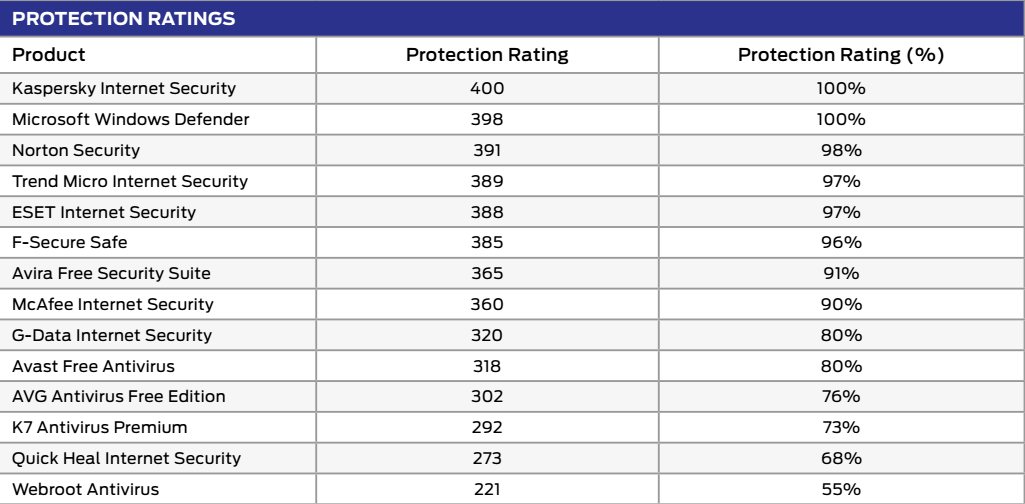Another bad showing from WSA. 😖
I don't know how trustworthy SE Labs are IMO? https://selabs.uk/en/reports/consumers
https://selabs.uk/download/consumers/epp/2018/oct-dec-2018-consumer.pdf
Login to the community
No account yet? Create an account
Enter your E-mail address. We'll send you an e-mail with instructions to reset your password.









